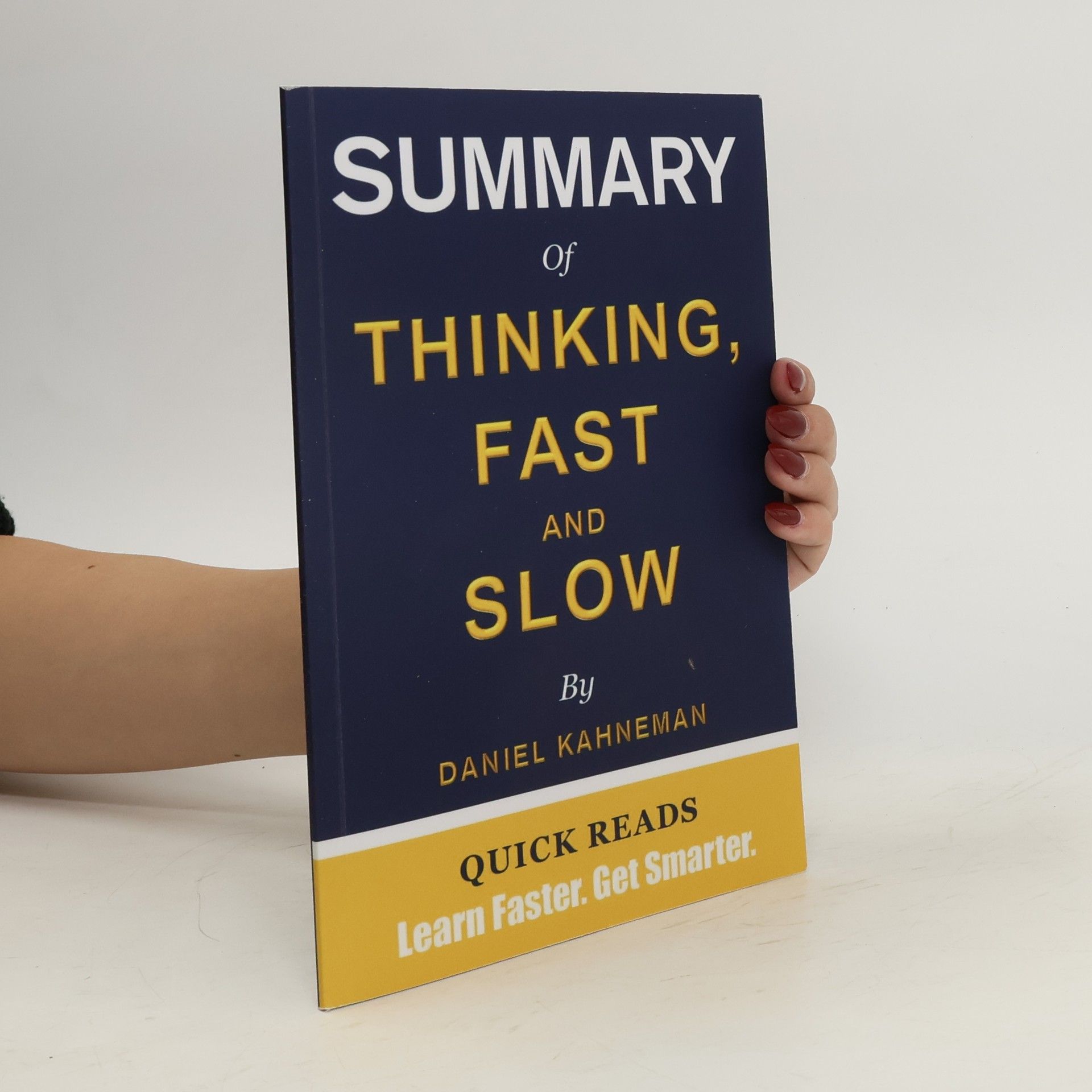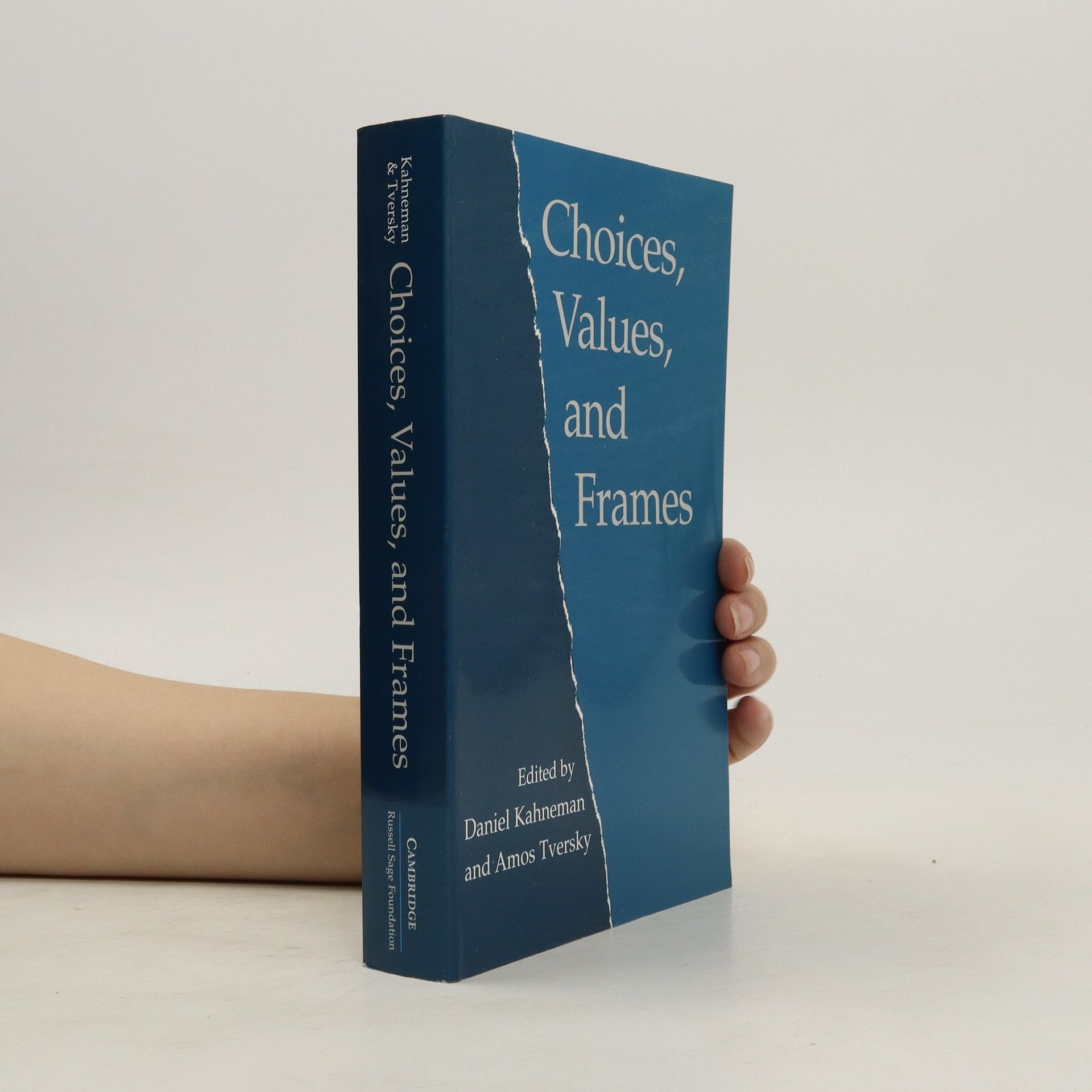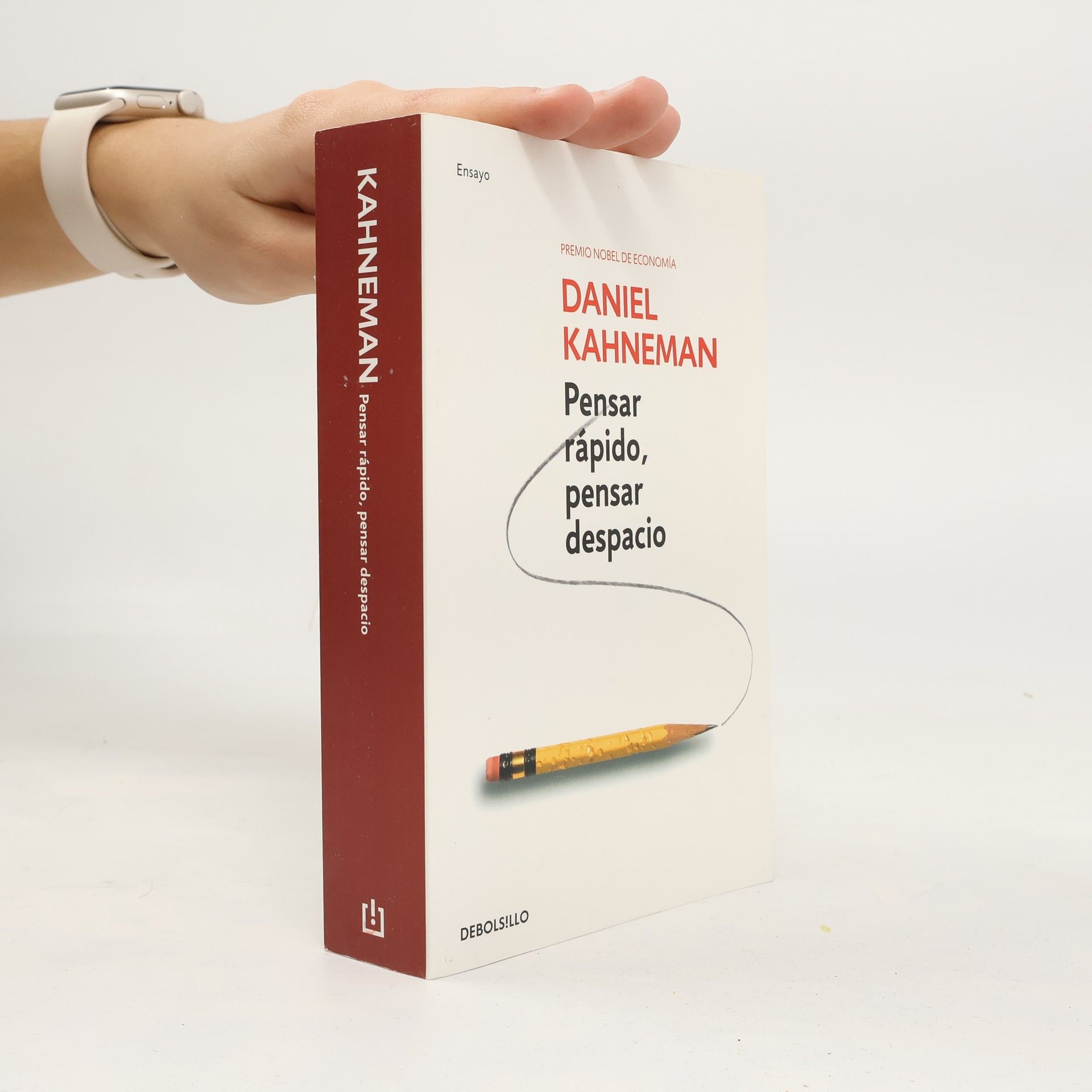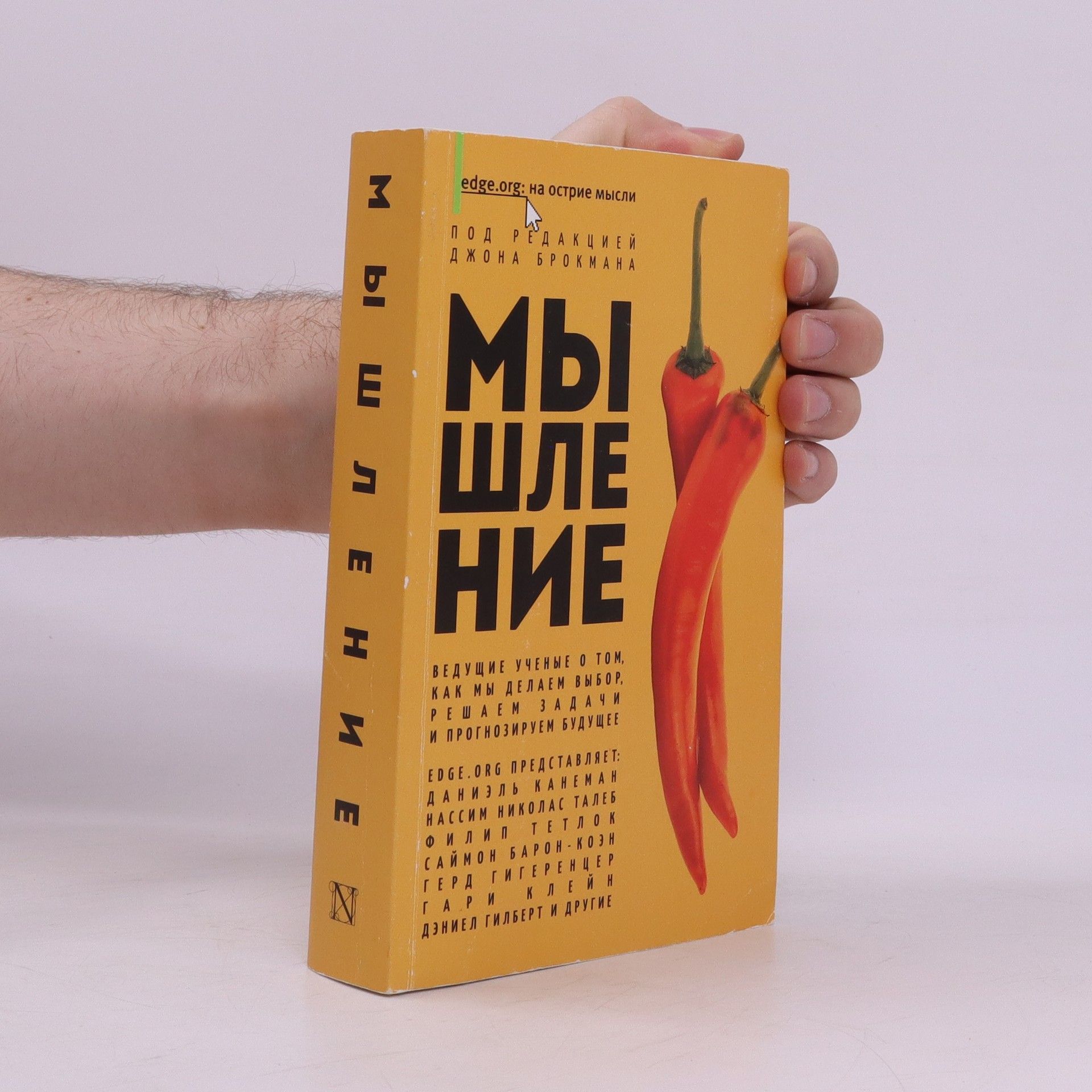Pensar rápido, pensar despacio
- 672 páginas
- 24 horas de lectura
Daniel Kahneman, un destacado pensador y premio Nobel de Economía, ha influido en diversas disciplinas gracias a su trabajo en psicología y la toma de decisiones. En su obra, Kahneman presenta una innovadora perspectiva sobre el cerebro, describiendo dos sistemas que guían nuestro pensamiento. El sistema 1 es rápido, intuitivo y emocional, mientras que el sistema 2 es más lento, deliberativo y lógico. A través de esta dualidad, el autor explora la capacidad del pensamiento rápido, así como sus errores y sesgos, y cómo las impresiones intuitivas afectan nuestras decisiones y comportamientos. Analiza conceptos como la aversión a la pérdida y el exceso de confianza en el ámbito empresarial, la dificultad de prever nuestra felicidad futura y la importancia de enmarcar adecuadamente los riesgos en diferentes contextos. Kahneman invita al lector a reflexionar sobre cuándo confiar en las intuiciones y cuándo no, y cómo beneficiarse del pensamiento lento. Además, ofrece enseñanzas prácticas sobre la toma de decisiones en la vida personal y profesional, sugiriendo técnicas para evitar los errores mentales que pueden generar problemas. Su obra transformará nuestra comprensión de cómo pensamos.









